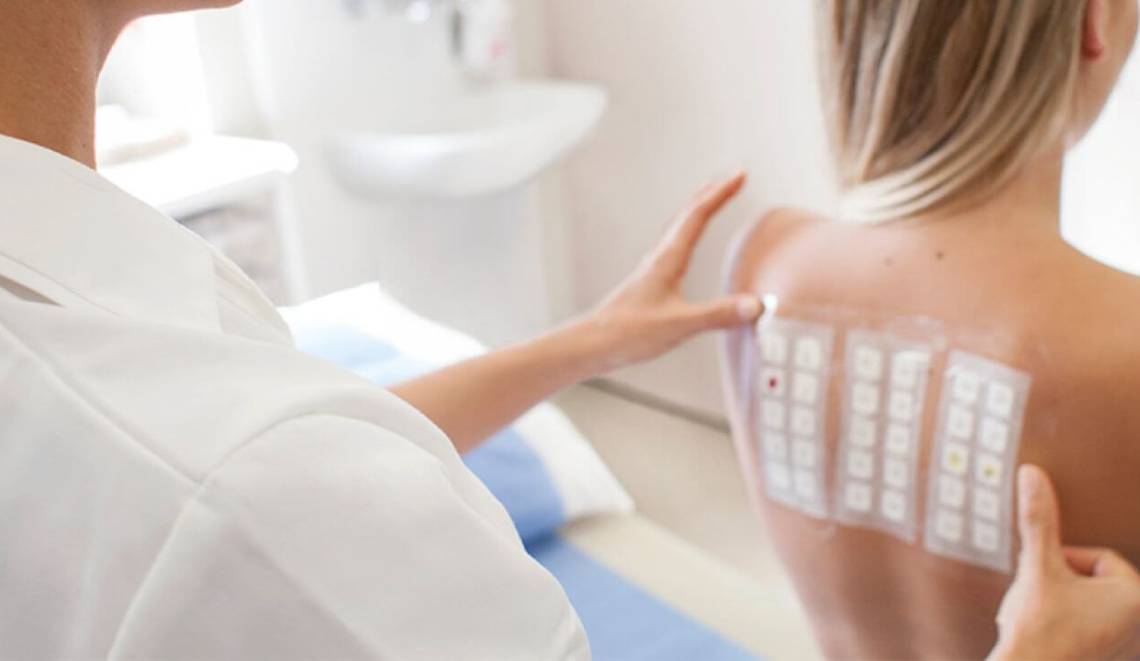How to Prepare for Your Allergy Test: Tips for a Smooth Experience

Allergies can be bothersome, affecting everything from your breathing to your daily comfort. If you suspect allergies or want to improve your allergy treatment, your doctor may recommend an allergy test. Whether it's your first or subsequent test, preparing for it can be stressful. But don't worry, this guide will help you prepare for the allergy testing process smoothly and ensure a positive experience.
What to Avoid Before an Allergy Test?
To ensure your allergy test results are as accurate as possible, there are certain things you should avoid beforehand. While it’s essential to consult with your doctor or allergist for personalized advice, they’ll likely suggest holding off on a few of these.
Beta-Blockers
If you’re taking beta-blockers, commonly prescribed for high blood pressure, heart conditions, anxiety, migraines, or glaucoma, you should consult the doctor who prescribed them before temporarily discontinuing use. In rare cases of a serious reaction to an allergen, beta-blockers can interfere with the emergency use of epinephrine, so it’s important to get medical guidance.
Antihistamines
One of the most crucial steps in preparing for allergy testing is to inform your doctor or allergist about all medications and supplements you’re currently taking, including over-the-counter ones. If you’re using an antihistamine, it’s typically recommended to stop taking it three days to a week before your test. It is because antihistamines can dampen your body’s response to allergens, potentially affecting the test results. Make sure to check with your healthcare provider at least a week in advance to determine the appropriate time to pause your antihistamine use.
Certain Antacids
Some antacids contain a form of antihistamine, so it’s best to avoid these at least a day before your allergy test. For a complete list and specific timing, consult your healthcare provider. In the meantime, it may also be wise to stop acidic, heavy, or spicy foods to avoid any discomfort.
Tricyclic Antidepressants
Medications classified as tricyclic antidepressants, can also suppress your immune response for a week or two, possibly affecting your allergy test results. It’s essential to ask the doctor who prescribed these medications how you should manage them leading up to your test.
Fragrances
Even if you don’t have a known allergy to fragrance ingredients, it’s considerate to refrain from using perfumes, hair sprays, or scented lotions on the day of your test. Other patients in the office may be sensitive to these scents, so it’s a kind gesture to go fragrance-free for the day.
What You Can Do Before an Allergy Test?
While there are some things to avoid, preparing for an allergy test doesn’t mean you have to put your life on hold. Always verify with your doctor or allergist what you should specifically avoid, but in most cases, you can continue with your usual routine. Here are a few things you can typically do before your test:
Showering
Feel free to shower before your test and wear deodorant. However, as mentioned earlier, avoid strongly scented products out of consideration for others who may be sensitive to fragrances.
Steroid Nasal Sprays
It’s generally acceptable to continue using steroid nasal sprays, but it’s always best to confirm this with your healthcare provider before your allergy test.
Regular Diet
Apart from avoiding suspected food allergens and irritating foods if you’ve stopped taking an antacid, there’s usually no need to make significant changes to your diet before allergy testing. You can even bring a drink or snack to your appointment, depending on the office's policies.
How to Interpret Allergy Test Results?
Only your doctor or allergist can accurately interpret the results of your allergy test. However, keep in mind that skin tests often show visible reactions, and blood tests (if conducted) will indicate elevated levels of IgE antibodies. If you undergo a challenge test where you ingest food, you’ll definitely notice any allergic reactions. After reviewing the results, your provider will develop a treatment plan personalized to your specific type and severity of allergies. Don’t hesitate to ask any questions and maintain open communication with your healthcare provider to keep them informed of your progress and any new reactions you may experience.

